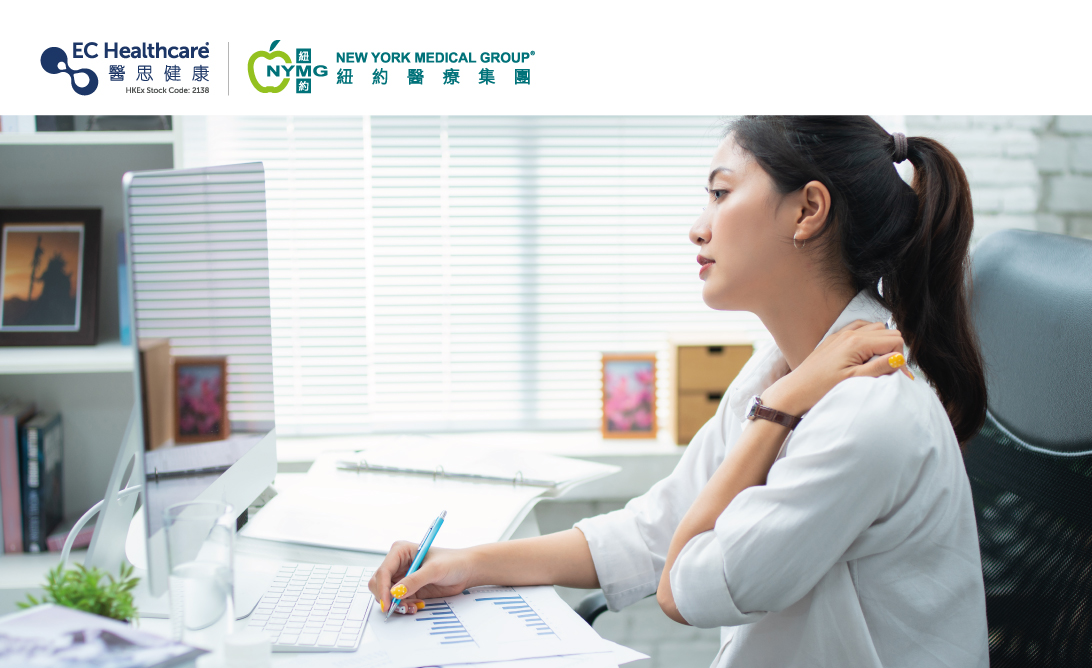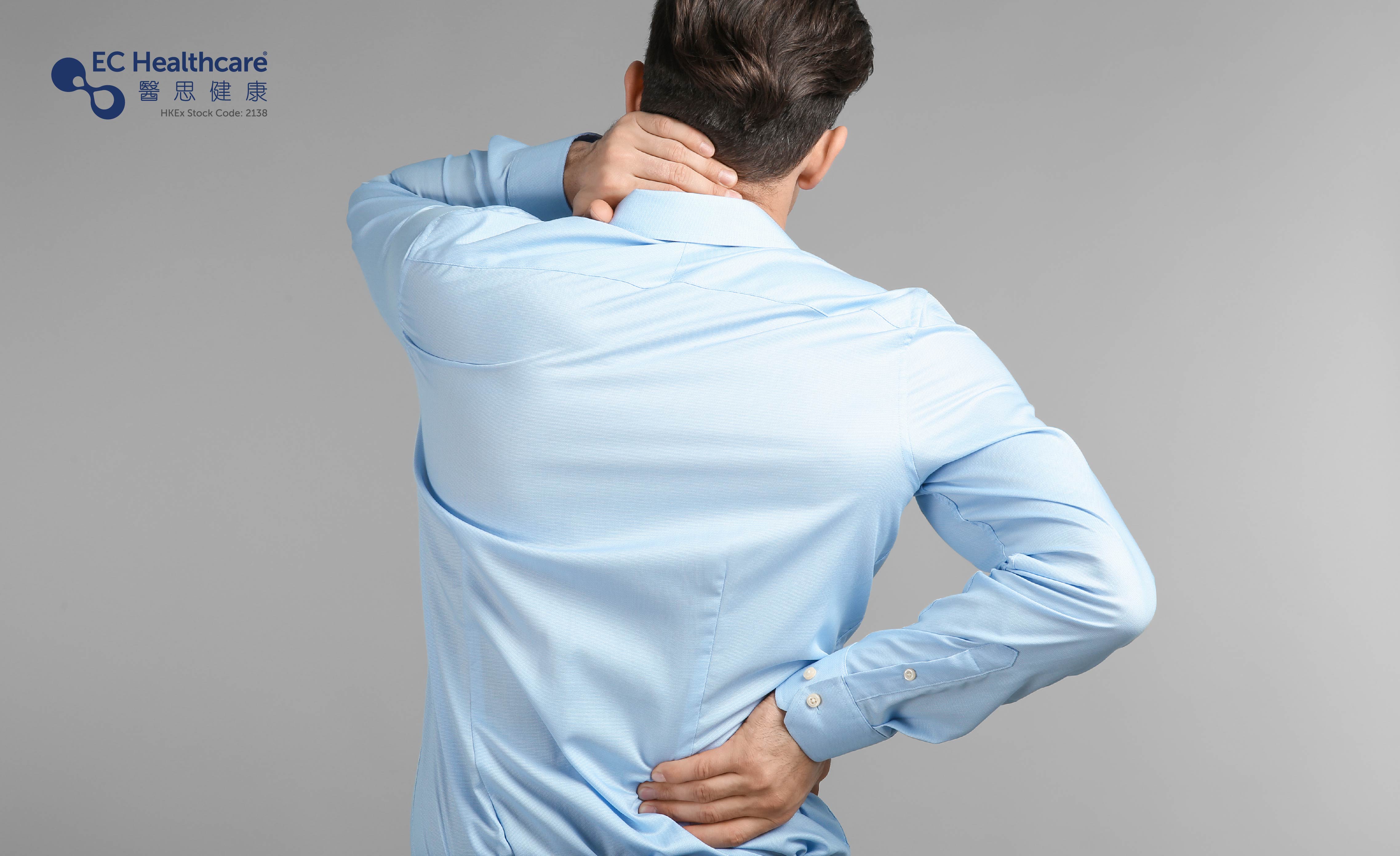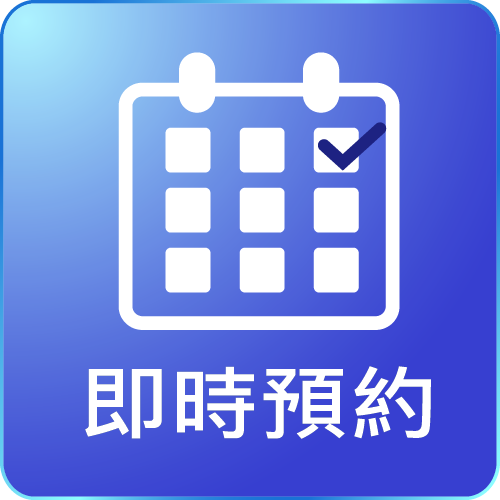Watch Out for Herniated Discs When It's Cold and Easy to Get Back Pain: Check-up in 10 seconds
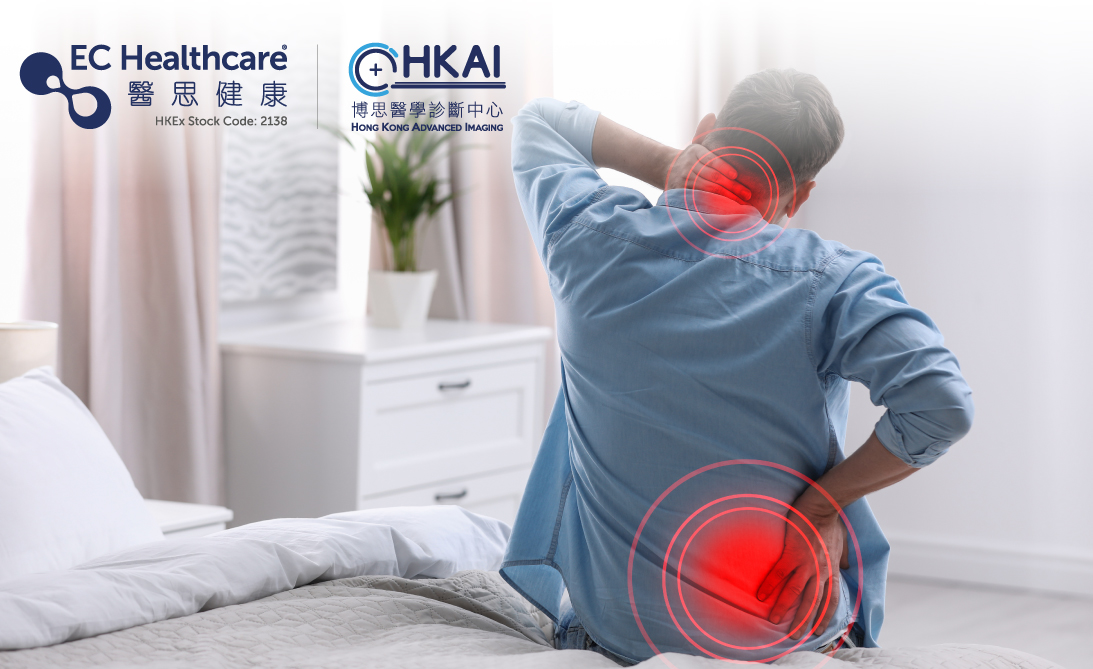

In cold weather, blood circulation slows down and many people are prone to strain their muscles and even injure and herniate their lumbar discs when doing household chores, carrying weights, sitting, standing and moving for long periods of time.
The intervertebral disc is the cartilaginous disc between the two cones of the spine. It is a flexible soft tissue that not only protects the nerves, but also aids movement and reduces vibration.
Excessive bending and inappropriate weight-bearing postures can instantly increase pressure on the spine. It leads to rupture of the fibrous ring inside the disc and protrusion of the nucleus pulposus from the rupture site. Compression of adjacent tissues, such as the sciatic nerve, can lead to symptoms of a herniated disc, such as low back pain.
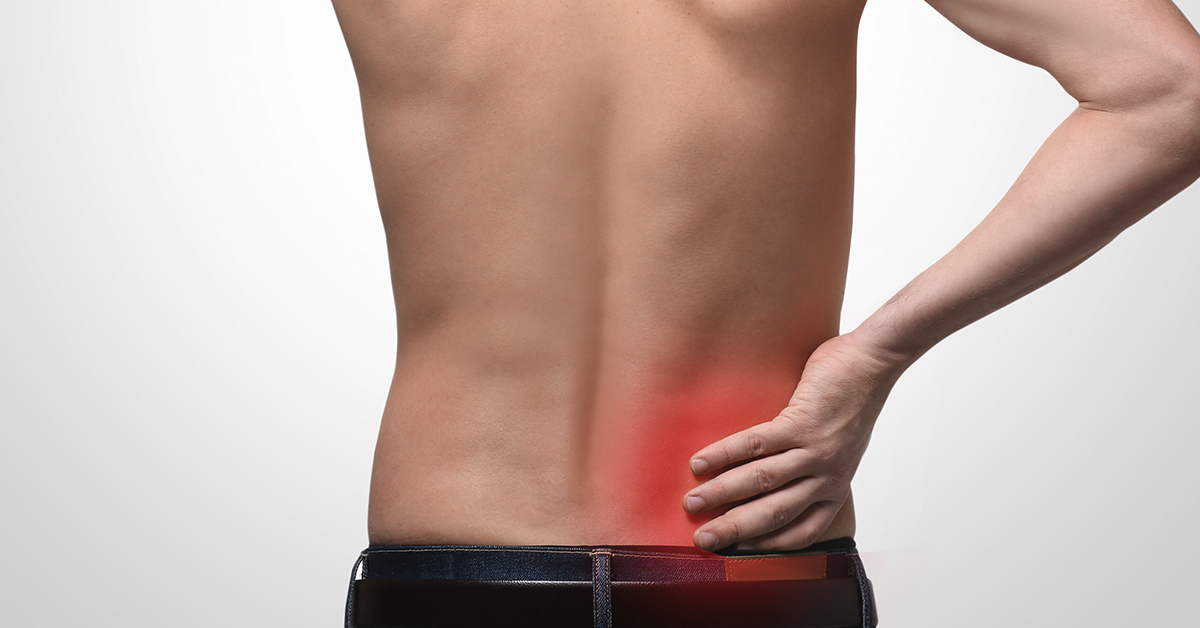
There are two general categories, chronic and acute. The former is mainly associated with degeneration and, because the process is longer and the protrusion is not pressing on the nerve cord, there are rarely serious symptoms, most of which are:
Intermittent or persistent back pain
Muscle spasm in the back
Weakness in the leg muscles
Numbness in the legs or feet
Weak reflexes in the knees or ankles
Tilting of the pelvis when standing
Pain that worsens with coughing or sneezing
If an acute tear causes a prolapsed disc and compression of the nerve cord, more severe symptoms can occur:
Narrowing of the spinal canal and numbness when walking
Altered bladder or bowel function
In severe cases, muscle paralysis and incontinence may occur
10-second test
A herniated disc is not painful when pressed, but it is painful deep down when moving and the legs feel abnormal. If you press on a painful spot, it is a muscle soreness; if you tap your fist on the back of the spine and feel a deep pain, it may be a kidney infection.
You can take a few seconds to bend forward, as bending forward at the waist puts pressure on the discs. An increase in pain indicates an increased likelihood of disc herniation and, conversely, a decrease in pain in the backward bend.

If you have been experiencing pain in your lower back for some time and the pain feels like you are being wired and extends to your buttocks, knees and even your lower legs, it is a sign that the nerves are being compressed and you should go to a specialist immediately to address the condition promptly.



